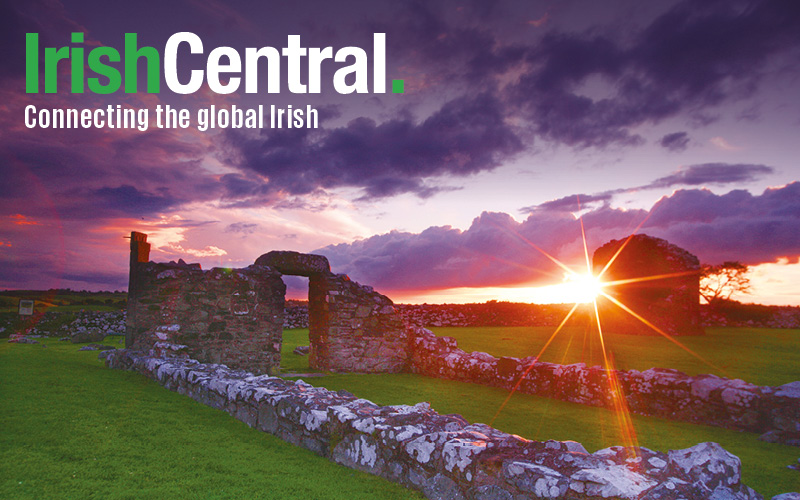What is Scotland?
Well, let’s start with what it is not: an independent nation. Scotland has been a part of the United Kingdom, with dramatically varying degrees of enthusiasm, for 307 years.
By Friday of this week that could change. As watersheds go, it could be the most transformative day in Scotland’s history.
On Thursday a simple ballot form will ask Scottish voters this question: “Should Scotland be an independent country?"
They can answer Yes or No.
Imagine that. As an Irish person, conscious that we’re just two years before the centennial of the Easter Rising, I can only marvel at the opportunity they’ve been given.
Here – potentially – is a peaceful one-word revolution, but one without conflict or military intervention of any kind. It’s an opportunity that would probably have made Michael Collins' head spin.
Until recently the idea that a Scottish secession could even happen was considered so unthinkable that most of England’s political establishment have sleep-walked into the current referendum.
If a complacency that things would go England’s way was at fault, it’s probably because for centuries most things have. Alarm bells have only really started ringing in Westminster and the City of London in the last two weeks. "Humankind," wrote T.S Eliott, "cannot bear very much reality."
It was news to the English to discover their complacency was misplaced. Since then their responses have been shambolic and increasingly panic stricken. The last minute let’s make a deal horse trading of England’s political establishment is irrefutable proof of how little they really think about Scotland.
If I were Scottish I’d probably find that indifference instructive. I’m certain many Scottish people do.
But I very much doubt that the Scottish will strike out for independence this Thursday in revenge for the stung pride that some in the English tabloids accuse them of. They have far too much at stake.
Over the last four decades England’s conservative governments have set about gutting the welfare state and the National Health Service, whilst Scotland’s disdain at being tethered to the predator capitalism and the increasingly nihilistic libertarianism of the Tory party took its toll.
Now they’re suddenly in a moment when a little course correction seems graspable. They’re in a moment when much more than the right to Scottish national self-determination is being countenanced.
Because this referendum goes deeper and reaches further than anyone in government in Westminster has dared to countenance. That’s why they’ve been so taken off-guard by the urgency and passion of the Scottish independence debate.
The Scottish realize what the English government does not: that England doesn't really exist anymore.
Instead there is the City of London, the enclosed financial hub, and Westminster, which does its bidding. Beyond the gentrified limits of this familiar Boris/Bloomberg/de Blasio style axis-of-privilege live the underclasses, who have been so disenfranchised for so long that many of them no longer even vote. (By contrast 97% of eligible Scottish voters have registered to vote in Thursday’s referendum.)
This is the England that is so desperate to gut its welfare rolls that the disabled and mentally ill are now subjected to humiliating evaluations by government contractors, rather than offered help.
Millions now work for minimum wage or less in one of the most expensive countries in the world. The unemployed are hidden away within Jobcentre buildings for 35 hours a week now (or they lose their benefits) in pursuit of employment opportunities that don’t exist.
From a distance the place is beginning to look like a pre-revolutionary powder keg. It’s certainly not a political and social model the Scottish are anxious to embrace.
But in their anxiety to explain away what’s been happening the English press has gotten the impulses that guide this independence referendum laughably wrong. It’s not just flag-waving Braveheart-style nationalism that’s inspiring this movement for change. It’s longstanding fury and disgust.
The question for Scotland this week, that I look forward to hearing them answer, is: 'Do you let your hopes define you, or do you let your fears?'
Their reply may yet silence us all.




Comments